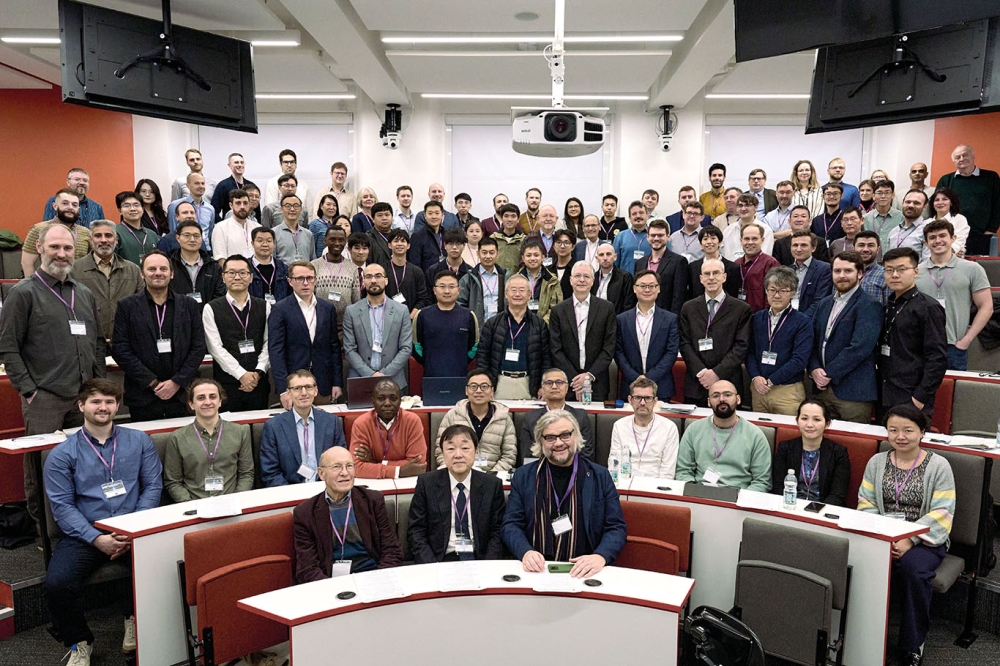In brief: Cascade, Cree, BridgeLux, Vistec et al
Global(ish) deal for Cascade
Quantum cascade laser (QCL) system and application specialist Cascade Technologies has signed a marketing deal with Clyde Bergemann, a company selling engineering products that reduce harmful gas emissions from power stations.
Under a preliminary six-month trial period, Cascade s systems will be used to monitor nitrogen oxide and sulfur oxide gases emitted by power stations in the UK.
If the QCL trial results are good, the two Scottish firms will enter into a commercial supply agreement and Clyde Bergemann will gain an exclusive license to market and distribute Cascade s systems throughout the world, apart from the US, Canada and Mexico.
Cree adds to BridgeLux spat
Top-tier LED chip manufacturer Cree has expanded its patent infringement claim against rival BridgeLux, and added an accusation of fraud for good measure.
Having already cited BridgeLux over two other patents (see related story), the Durham, NC, firm now says that the California-based company is also infringing US patents 6,614,056 and 6,885,036.
These latest claims relate to LEDs that have better current-spreading properties, a feature of BridgeLux's large-area, high-brightness chips.
Cree has also requested an official declaration that the only BridgeLux patent involved in the various claims and counter-claims, US patent 6,869,812, is not only invalid, but also unenforceable due to fraud and/or "inequitable" conduct committed before the US Patent Office.
Vistec consolidates in Weilburg
Vistec Semiconductor Systems, the wafer processing and metrology equipment company formerly known as Leica Microsystems Semiconductor, has relocated all of its operations at a single location in Weilburg, Germany.
The facility has been expanded to include a larger clean room area where the company can demonstrate its latest wafer processing equipment.
US investment company Golden Gate Capital purchased Vistec from Leica in 2005. As well as the semiconductor systems division, the Vistec group of companies also has units focused on electron beam technology in Jena, Germany, and lithography in Cambridge, UK.
Optium turns profit
Following its recent flotation on the US stock market, optoelectronic subsystem vendor Optium has revealed a sharp increase in its profit.
In its first fiscal quarter of 2007, which ended on October 28, the Chalfont, PA, company enjoyed record sales of $30 million and a net profit of $2.8 million according to accepted accounting guidelines.
That represented a sequential revenue increase of 31 per cent and sales were more than doubled compared with the equivalent period last year.
Nokia merger dents Endwave
GaAs-based RF module supplier Endwave has been forced to drop its revenue expectations because of a fall in orders placed by one of its key customers "“ Nokia.
The impending merger between the wireless network systems divisions of Nokia and Siemens means that Nokia is reducing its level of orders siginificantly.
As a result, Endwave is now expecting sales for 2006 to around $60 million, rather than the $65 million or so previously anticipated. The new figure would still represent year-on-year revenue growth of over 20 per cent, however.
Endwave CEO Ed Keible believes that the decrease in demand will be a temporary blip, and that sales will pick up again once Nokia and Siemens complete their merger.































